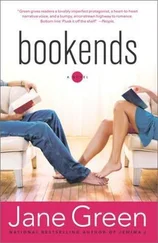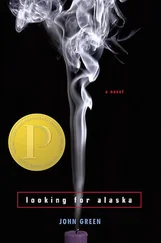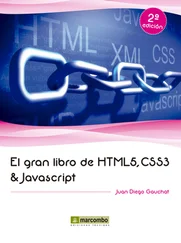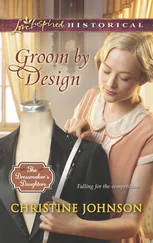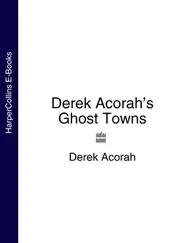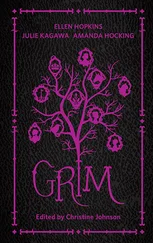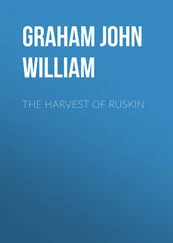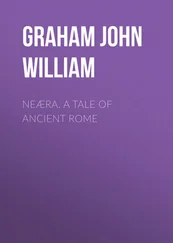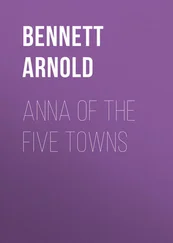• Discuss the road trip to find Margo. What are the most important events along the way? How does this adventure mirror the one Margo and Quentin had in the beginning of the book? Compare and contrast the two.
• Discuss the scene where Q finally finds Margo. How does her reaction to seeing her friends make you feel? Do you believe that she didn’t want Q to come after her?
• Why do you think Q makes the decision he does at the end of the book? Do you agree with his decision to turn down Margo’s invitation?
• The definition of a “paper town” changes many times in the book. Describe the evolution of its meaning. How does it relate to the mystery? To the themes of the book?
• With which character’s version of the “real” Margo do you most agree?
• Do you think that Margo meant to give her friends a false impression of her true self?
• Q’s parents describe people as “mirrors” and “windows” (p. 199). What does this mean? Do you agree with this metaphor?
• Q comes to this conclusion (p. 199): “Margo was not a miracle. She was not an adventure. She was not a fine and precious thing. She was a girl.” Discuss.
• The book is divided into three sections: The Strings; The Grass; and The Vessel. What is the connection between the sections/titles and the content within those sections? How do the sections/titles connect to the themes of the book?
• Which philosophy of life do you most agree with: Margo’s Strings? Whitman’s Grass? Or Q’s Cracked Vessel? Why?
• At different times, both Margo and Q use lines of poetry without considering the context of the whole poem. How do you think this changes the meaning?
• Q is reading Moby Dick in English class. How does it appear elsewhere in Q’s story?
• Q’s interpretation and understanding of Walt Whitman’s “Song of Myself” changes as the mystery progresses. What are the different phases of his understanding? Do you agree with his final conclusion about the poem’s meaning?
• The book opens with two epigraphs, a poem and a song. Why do you think the author chose these? Why do you think he chose to use them together?
• Another common term for a “paper town” is a “copyright trap.” Can you find examples of others? What are some other terms for copyright traps?
• Discuss the last line of the book, how it relates to the rest of the story, and what it ultimately says about Margo and Q’s relationship.

